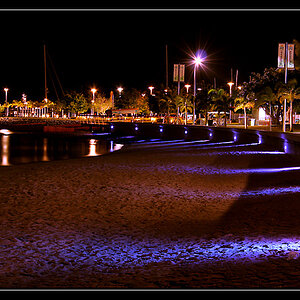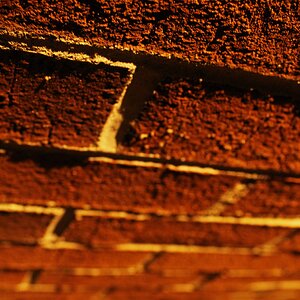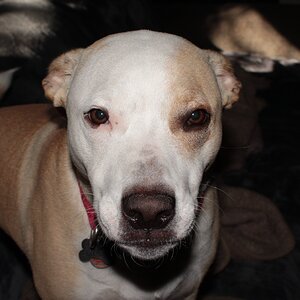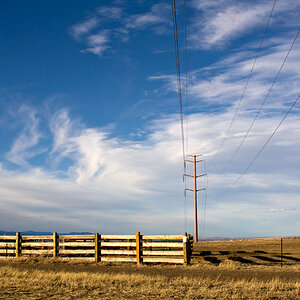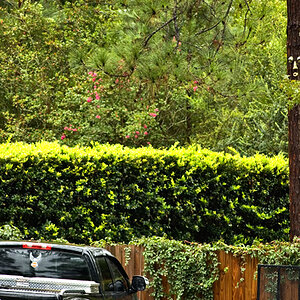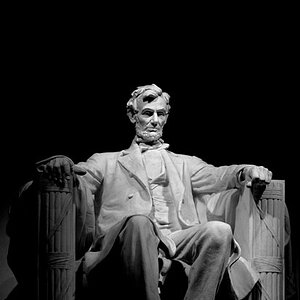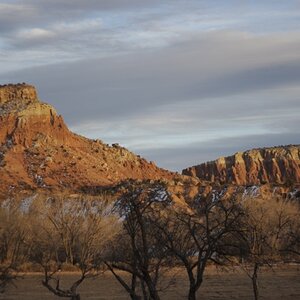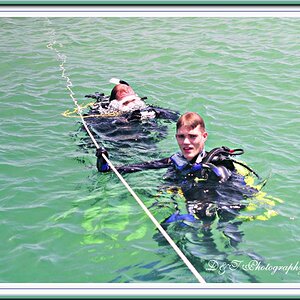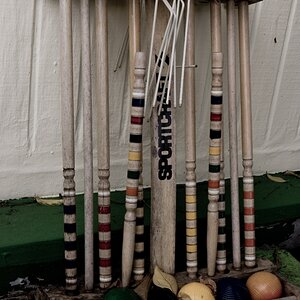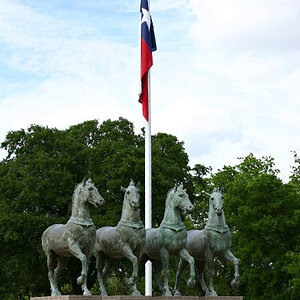VaE39
TPF Noob!
- Joined
- Jul 15, 2007
- Messages
- 92
- Reaction score
- 0
- Can others edit my Photos
- Photos OK to edit
Ok I'm still learning photography and I thought I finally had all of it down with lenses and bodies and all the modes. Then I thought to myself, I have no idea about filters. I went to the local camera store and I asked the lady there, but since I wasn't interested in buying yet, she didn't really pay much attention. So whats the difference between ND, Polarized, UV, and whatever filters there are? Also, are there different sized filters for different size lenses? Thanks everyone


![[No title]](/data/xfmg/thumbnail/39/39180-3dcdd0aa38e4d015a48a17b0e45542fb.jpg?1619738902)
![[No title]](/data/xfmg/thumbnail/35/35872-12704b8c65e1c009d7089ccba367abb6.jpg?1619737198)
